43 sugar vs carbs on food labels
example2 - The LOOP Blog Food and Fitness. Carb counting. Nutrition. Grocery shopping. Diabetes and exercise. Diabetes and sports. ... Converts data from your device into easy to understand insights about your sugar levels. Learn more Create an account For customers Login CareLink™ software support User guides and manuals FAQs. Good vs. Bad Carbs: How to Choose the Right Carbohydrates 20.05.2021 · Juices: Even 100% juice is a concentrated source of sugar; try diluting it with water or limiting it to one glass a day.; Processed snacks: Pretzels and crackers made from refined flour, sugary granola bars, and candy should be consumed in moderation.; Sugary drinks: Soda, sports drinks, chocolate milk, and sweetened teas add a significant amount of sugar to your diet.
What Is the Difference Between Sugar & Carbs on Food Labels? Sugar "Sugar" is one of two subheadings that the CFR requires beneath "Total Carbs" on a food label. A serving's total sugar content appears in grams but not as a percentage of your daily intake. Similar to the use of "carbohydrates" as an umbrella term for three groups of nutrients, "sugar" does not refer to a single compound.
:max_bytes(150000):strip_icc()/carb-counting-and-diabetes-5209223_FINAL-9796df35fa38420baec37a37c3c8347e.jpg)
Sugar vs carbs on food labels
Carbs Vs Sugar: What's The Difference And Why It Matters - Atlas Biomed Sugars mostly make up carbohydrates. They get their name from their chemical composition: carbon, hydrogen, and oxygen (thus carbo-hydrate ). Generally, the length of the sugar chain making up the carbohydrate can determine the rate of digestion and absorption. Photo by Peter Bond / Unsplash These are not the carbohydrates our ancestors used to eat Sugars on food labels - Sugar Nutrition Resource Centre It shows this information in a serve and also in 100ml (liquid) or 100 grams (solid foods). Sugars are included as part of the carbohydrates that are listed in the nutrition information panel, as well as being listed separately as 'sugars'. Understanding food labels | Diabetes UK Check how much of the pack counts as a portion to avoid consuming more calories, fat and sugar than you need. All carbohydrates raise blood glucose levels. Labels on the front don't include the amount of carbs, so check the label on the pack for the total carbohydrate, which includes carbohydrates from starchy food as well as sugars.
Sugar vs carbs on food labels. LABEL READING: CARBOHYDRATES AND SUGARS - Renaissance Nutrition Center ... "Sugar" is one of two subheadings beneath "Total Carbs" on a food label. A serving's total sugar content appears in grams but not as a percentage of your daily intake. The word "sugar" includes a variety of simple sugars, which are compounds that your body can easily break down for immediate use. 29 August: Plant-based vs keto | Vitamin toxicity | Added sugar labels ... Aug 29, 2022 · Space to play or pause, M to mute, left and right arrows to seek, up and down arrows for volume. Norman Swan: Hello and welcome to this week's Health Report with me, Norman Swan. Tegan Taylor: And ... What's the Difference between Carbohydrates & Sugar on Food Labels ... All sugars, whether added or naturally present in foods/drinks are shown in the sugar section of the nutritional panel. So will include lactose (milk sugar), sucrose, fructose etc. However, on the label, you'll see 'of which sugars' and this is included within the carbohydrate total so don't count it separately. Carbohydrates - 3g Carb vs. Sugar: How to understand nutrition labels - The LOOP Blog Carbohydrates are actually comprised of three nutrients: carbohydrates, fiber, and sugar. You may, and will see, foods that are very low in "sugar" but high in carbohydrate. Example 1 Let's look at a popular unflavored old fashioned oats label. Here we see that the total sugar is 1 gram. Looks great right? This item is practically sugar free!
Understanding Carbs vs Sugars on Keto | Dr.Berg Blog Other Food Products with High Sugar. There are other products with high sugar that you might not know about, like the kombucha tea. When you're reading labels, you really want to make sure. Don't just look at the carbs, you need to look at the sugar grams because certain kombucha tea blends sometimes have 6 to 10 grams. Carbs Vs Sugar: What is the Difference? - Performance Lab® Though, not all carbs are created equal. Sugar mostly makes up carbohydrates, and the length of the sugar molecule chain determines what type of carbohydrate it is and its rate of digestion and absorption (complex or simple). Carbohydrates are made up of either fiber, starches, or sugar. These are all nutrients our body breaks down into glucose. Carbohydrates: Types & Health Benefits - Cleveland Clinic Carbohydrates — fiber, starches and sugars — are essential food nutrients that your body turns into glucose to give you the energy to function. Complex carbs in fruits, vegetables and whole-grain products are less likely to spike blood sugar than simple carbs (sugars). Low-carb diets like keto can be high in fats. Food Labels | CDC - Centers for Disease Control and Prevention If you eat the whole thing, you are eating 8 times the amount of calories, carbs, fat, etc., shown on the label. Total Carbohydrate shows you types of carbs in the food, including sugar and fiber. Choose foods with more fiber, vitamins, and minerals. Choose foods with lower calories, saturated fat, sodium, and added sugars. Avoid trans fat.
How many carbs on keto? Explanation, tips, and more - Medical … 08.03.2021 · Wheat products and some fruits, vegetables, beans, and legumes can be high in carbs, so checking food labels is key. Before starting a keto diet, contact a doctor to make sure that the change will ... Sugar vs. Carbs on Labels - Babs Hogan Fiber needs to be considered when looking at carbs on labels. POINT #2 Total Carbohydrates The carbohydrate count is given as total grams, and then broken down into carbs from fiber and sugar. Focus on total carbohydrate. Fiber is an important carbohydrate and should be included in your total for the day. Net Carbohydrates Simple Carbohydrates vs. Complex Carbohydrates - Healthline Aug 19, 2020 · Simple carbs are sugars. While some of these occur naturally in milk, most of the simple carbs in the American diet are added to foods. Common simple carbs added to foods include: raw sugar; brown ... Body aches after eating sugar or carbs | NW&W - Nutritional … 14.02.2017 · When you check product labels, look for serving size so you can complete the equation for the amount of food or beverage you want to consume. Sugar-Loaded Snacks to be Cautious of: Potato chips: A nine-ounce bag of chips breaks down into 32 teaspoons of sugar (most people can’t stop after four or five chips). If you wash down the chips with a soda, that’s …
Added Sugars on the New Nutrition Facts Label | FDA - U.S. Food and ... The new Nutrition Facts label can help you compare and choose foods that are lower in added sugars. Check the label to see if foods are LOW or HIGH in added sugars. 5% DV or less is a LOW source of...
Learning To Read Labels :: Diabetes Education Online The grams of sugar listed include both natural sugars, from fruit or milk, and added sugars. On a nutrition food label, the total carbohydrate includes the sugar. Some Nutrition Facts labels may also list sugar alcohols under total carbohydrate. Sugar alcohols may be found in products that are labeled "sugar-free" or "no sugar added."
Carbs vs Sugar for Type 2 Diabetes - Diabetes Meal Plans Carbohydrates vs Sugar: Nutrition Labels Debunked What you want to look for on food labels is the TOTAL CARBOHYDRATES. Look for the grams not the percentage. And remember that everything on the label (including the grams of carbohydrates) is reflective of the portion size listed on the label (which is often smaller than you think).
Carb vs. Sugar: How to Understand Nutrition Labels 6 Carbs Vs Sugars: How to read a label; 7 Carbs Vs Sugar: ... 8 Understanding sugar content on food labels; 9 Low Carb Guide to Understanding Nutrition Labels; 10 How To Figure Out The Carbs On Nutrition Labels; 11 How to Read Carbohydrates on Food Labels. 11.1 Related;
Processed foods: Health risks and what to avoid - Medical News … May 14, 2020 · Because refined carbs cause frequent increases and decreases in blood sugar, consuming them is linked with an increased risk of type 2 diabetes. Highly processed foods are often high in refined ...
What Is the Difference Between Sugar & Carbs on Food Labels? The percent daily value appears at the right and is based on a 2,000-calorie diet, which encourages the consumption of 300 grams carbohydrates a day. Sugar Sugar was previously classified as a simple carbohydrate and included lactose, or milk sugar, sucrose, or table sugar, and fructose, fruit sugar.
Carbs vs Sugar: What Should I Focus on with Type 2 Diabetes? Decoding Carbs and Sugar on Food Labels. When looking at a food label you will notice that 'Total Carbohydrates' is in a bigger font compared to the subcategories underneath. One of these subcategories includes sugar. These subcategories are already calculated into the Total Carbohydrate number.
The Difference Between Total Carbs, Fiber & Sugars The 15 grams represents the amount of carbohydrates that will influence your blood glucose. Sugars in Foods Sugars are the simplest form of carbohydrates. All dietary sugars aren't inherently bad,...
Simple Sugars (Simple Carbs): Definition, Lists, and Risks 07.01.2019 · Simple sugars are found naturally in fruits and milk and added to many food products. This article reviews different types of simple sugars, their health effects, and how to identify them on food ...
Get to Know Carbs | ADA - American Diabetes Association Complex carbohydrates are digested slower, therefore they are less likely to cause a rapid spike in your blood sugar like refined carbohydrates. Examples are whole grains and legumes. Processed foods tend to be high in carbs, especially refined carbohydrates, while also being very low in vitamins, minerals and fiber—giving carbs a bad rap.
How Much Sugar Is in an Average Tomato? - Healthy Eating 21.11.2018 · Tomatoes may taste sweet, but they’re not a high-sugar food. One cup of sliced tomatoes has 30 calories, 7 grams of carbs, 4 grams of sugar and 2 grams of fiber. The amount of sugar in 1 cup of sliced tomatoes translates into about 1 teaspoon of sugar. For comparison, a cup of sliced carrots has 6 grams of sugar and a cup of chopped broccoli ...
Understanding food labels | Diabetes UK Check how much of the pack counts as a portion to avoid consuming more calories, fat and sugar than you need. All carbohydrates raise blood glucose levels. Labels on the front don't include the amount of carbs, so check the label on the pack for the total carbohydrate, which includes carbohydrates from starchy food as well as sugars.
Sugars on food labels - Sugar Nutrition Resource Centre It shows this information in a serve and also in 100ml (liquid) or 100 grams (solid foods). Sugars are included as part of the carbohydrates that are listed in the nutrition information panel, as well as being listed separately as 'sugars'.
Carbs Vs Sugar: What's The Difference And Why It Matters - Atlas Biomed Sugars mostly make up carbohydrates. They get their name from their chemical composition: carbon, hydrogen, and oxygen (thus carbo-hydrate ). Generally, the length of the sugar chain making up the carbohydrate can determine the rate of digestion and absorption. Photo by Peter Bond / Unsplash These are not the carbohydrates our ancestors used to eat


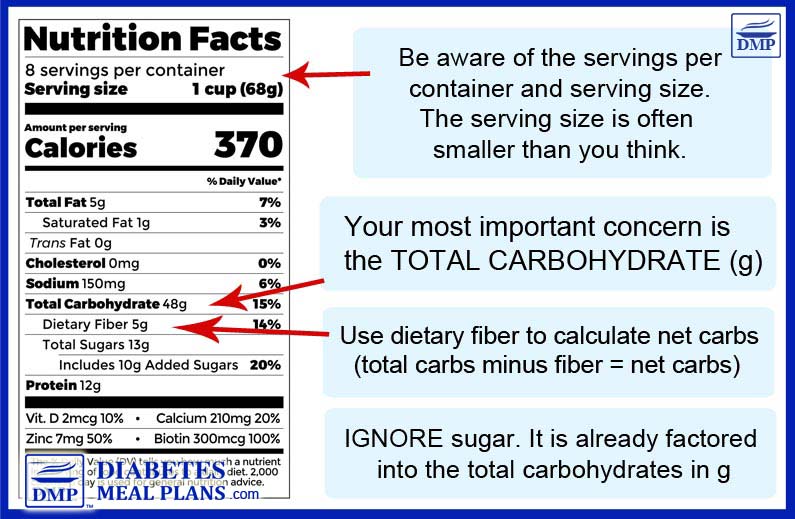


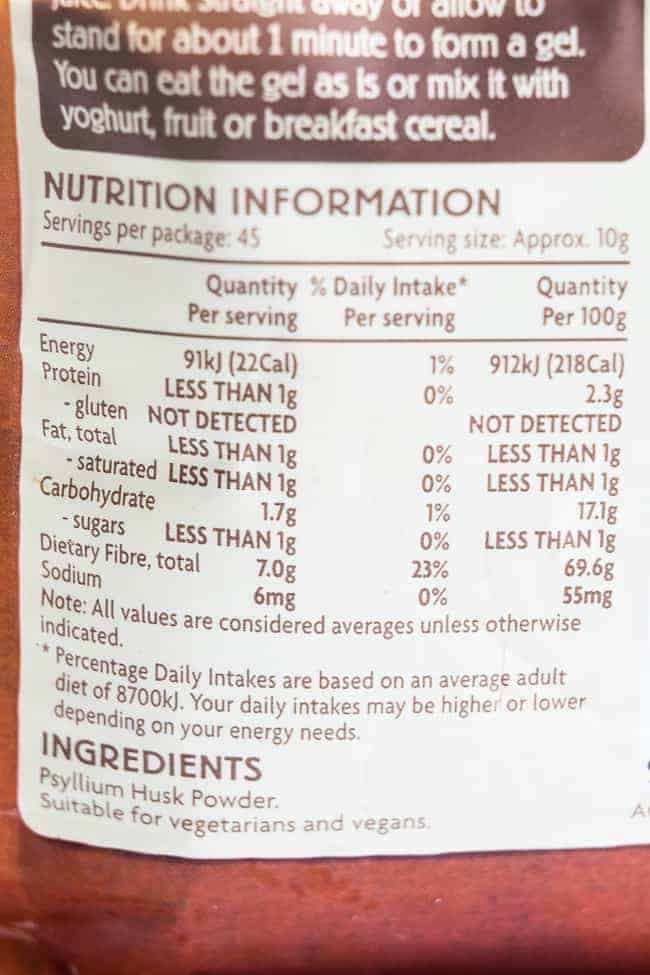
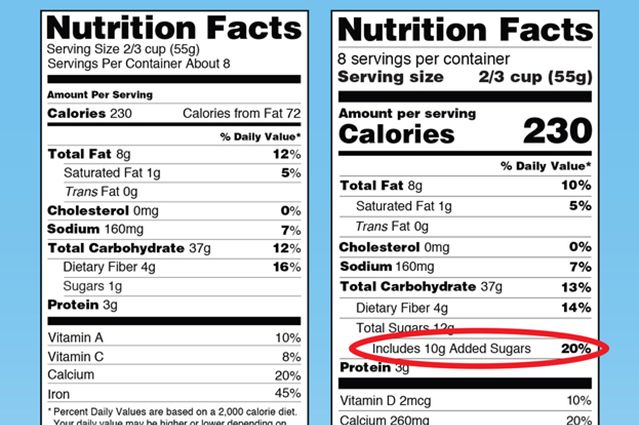
:max_bytes(150000):strip_icc()/Untitled-design-5753677f5f9b5892e8d7d171.jpg)


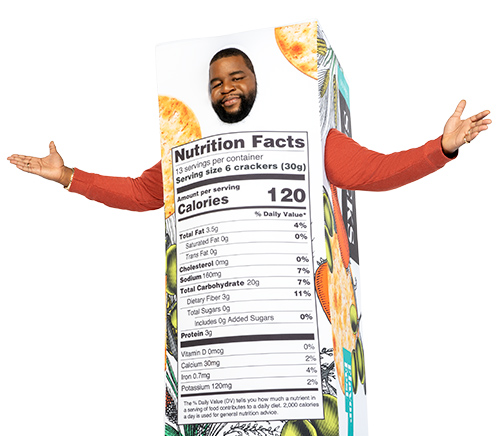
/sugar-20b2876b60b2403f986c9005f00b893c.jpg)
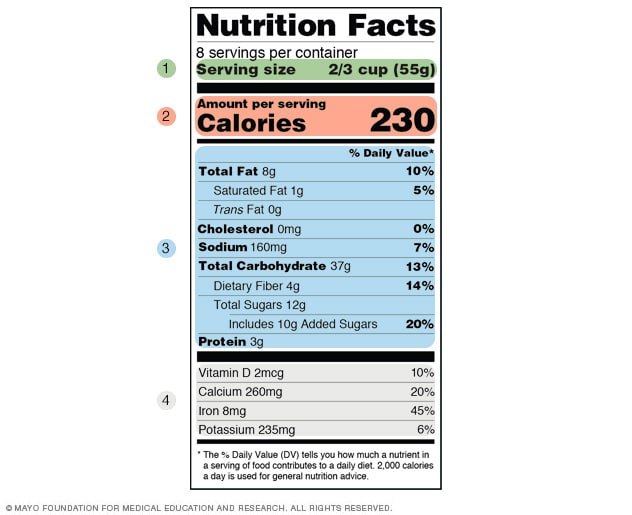



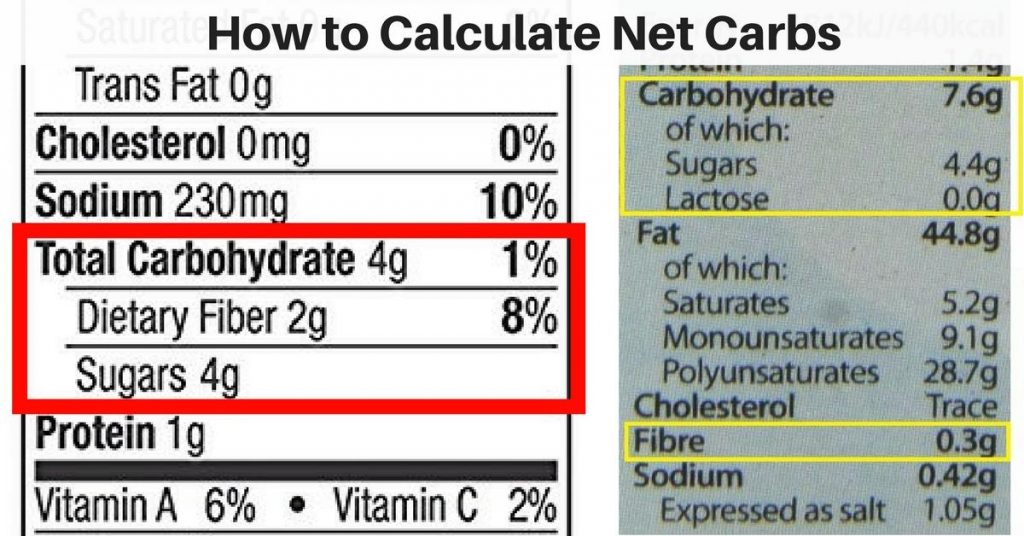
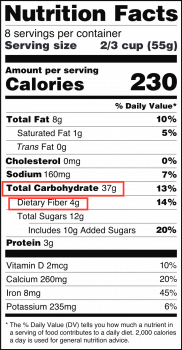



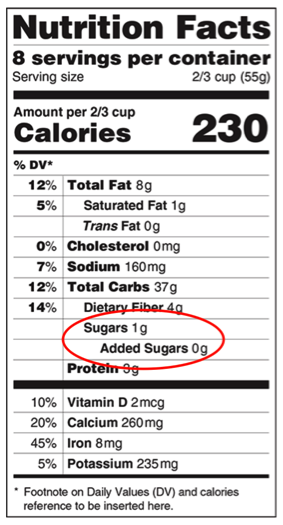
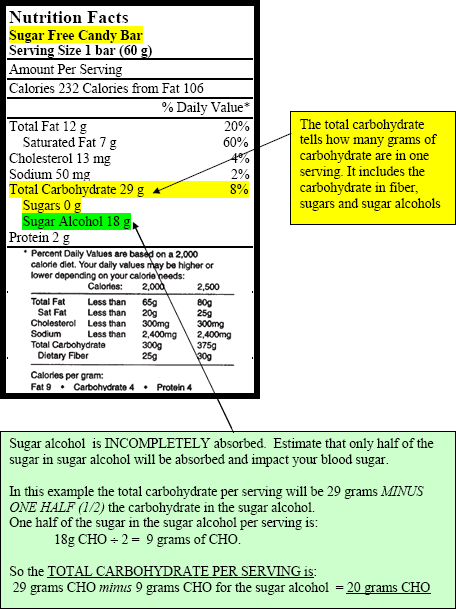

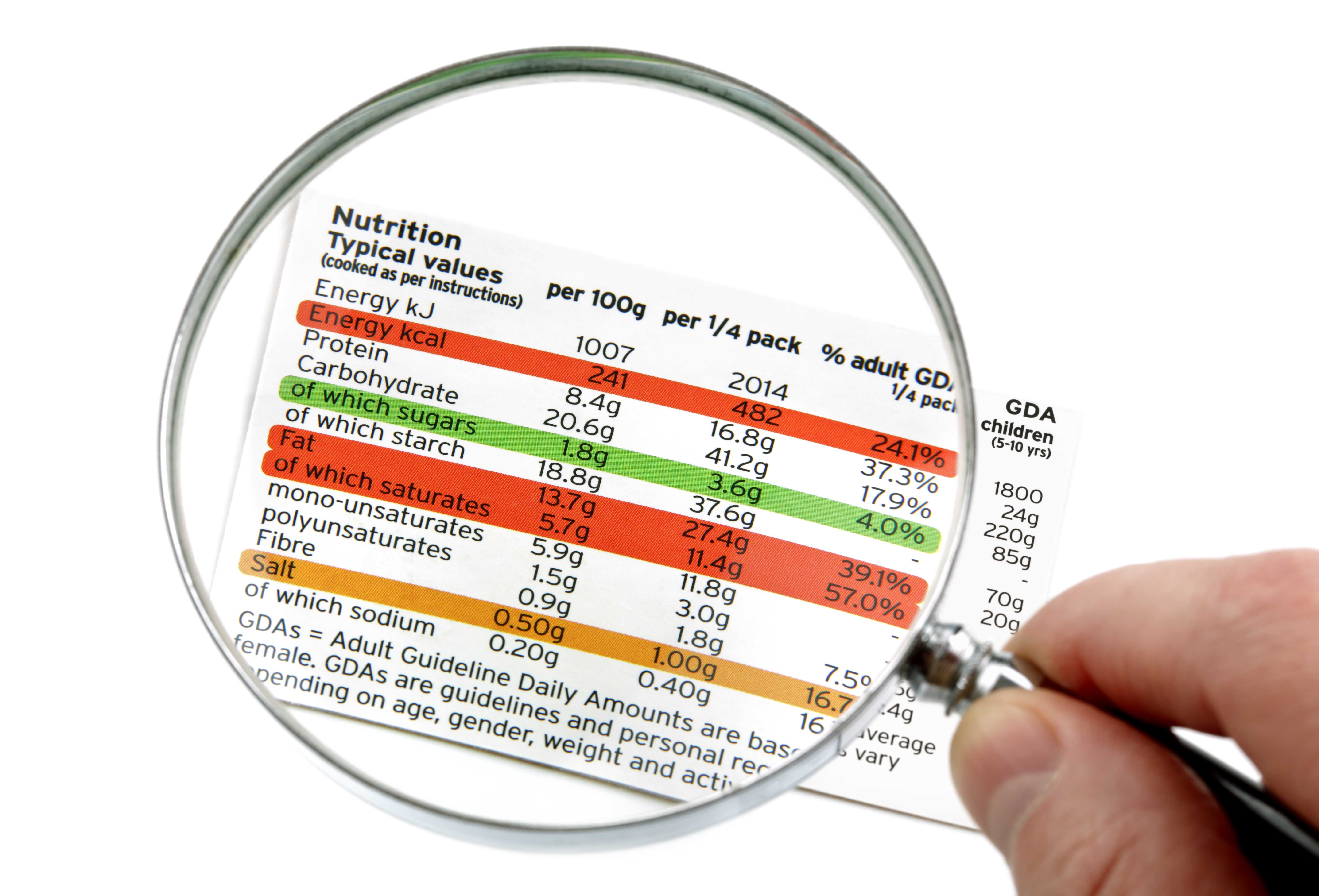
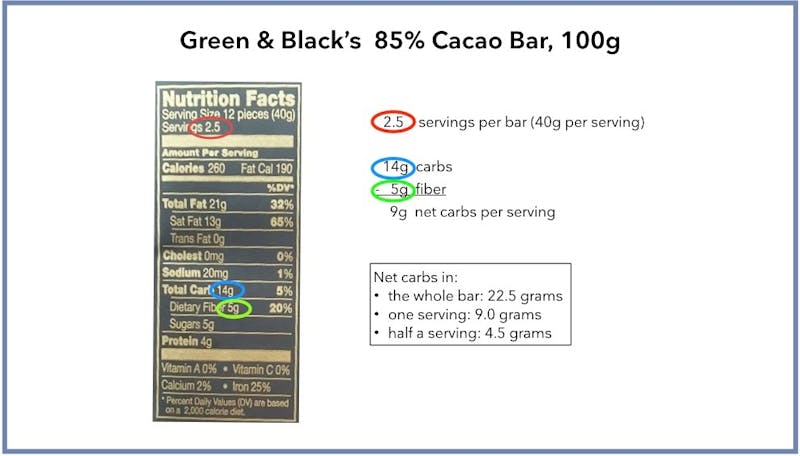



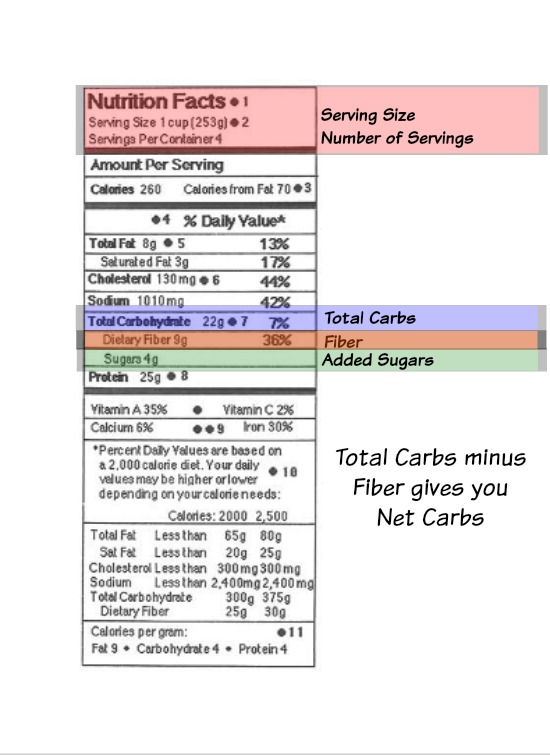
/Untitled-design-1--5755c3703df78c9b46903dab.jpg)

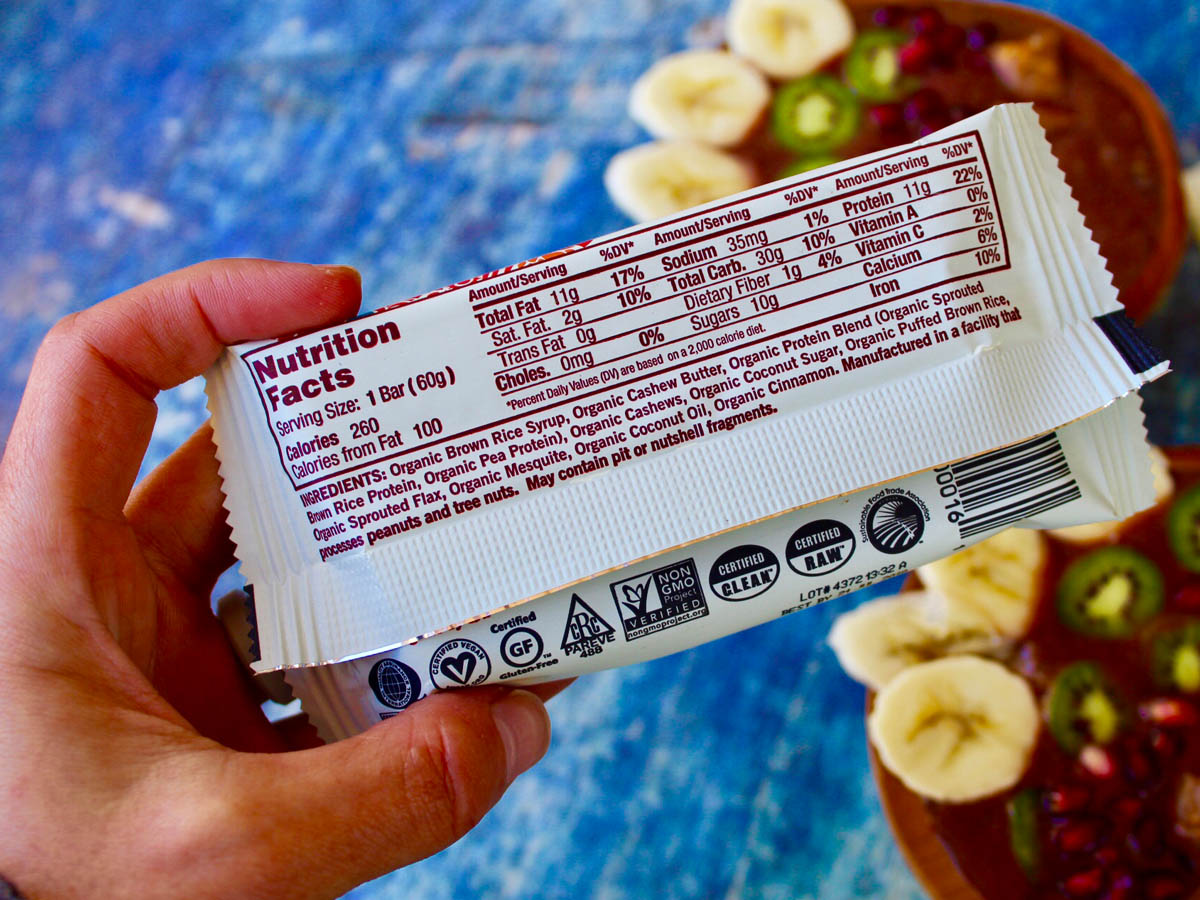
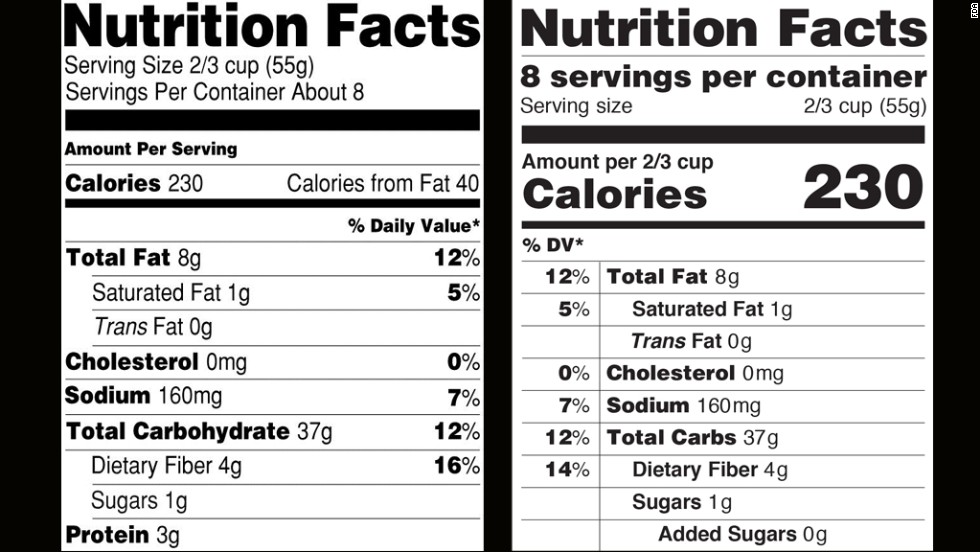
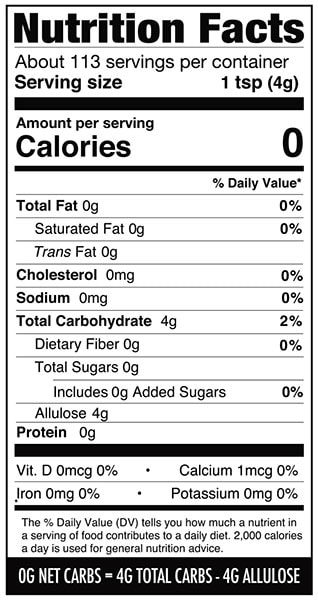
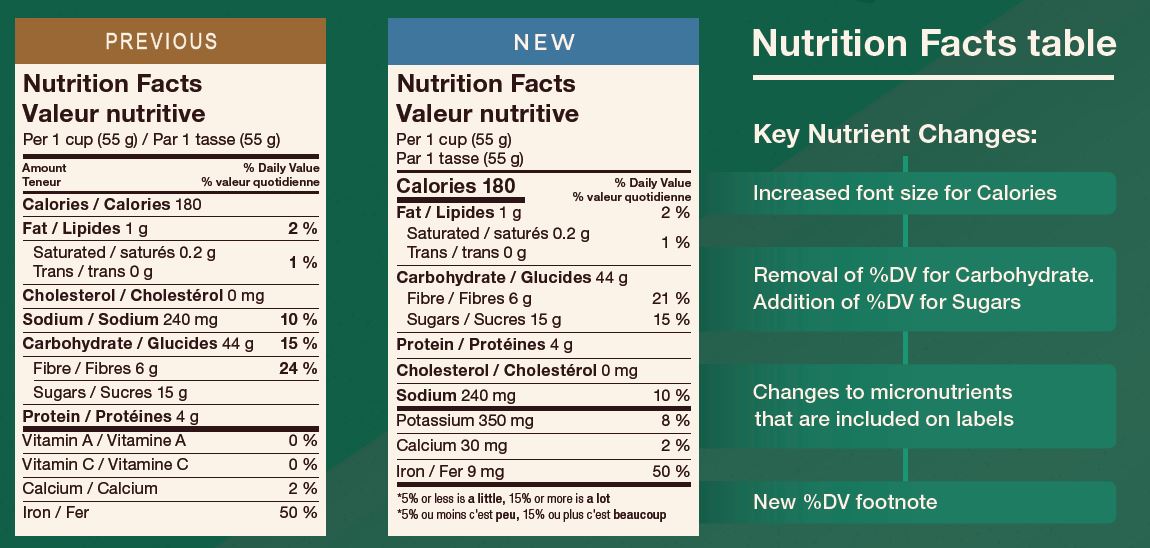
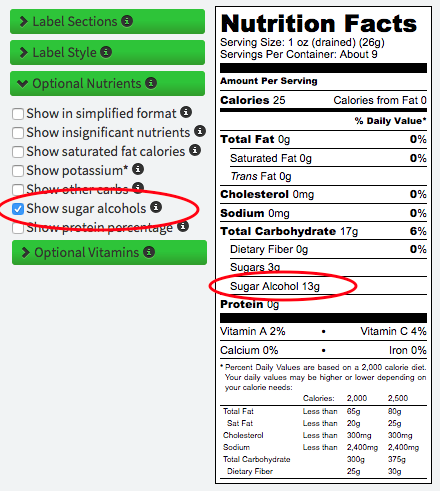

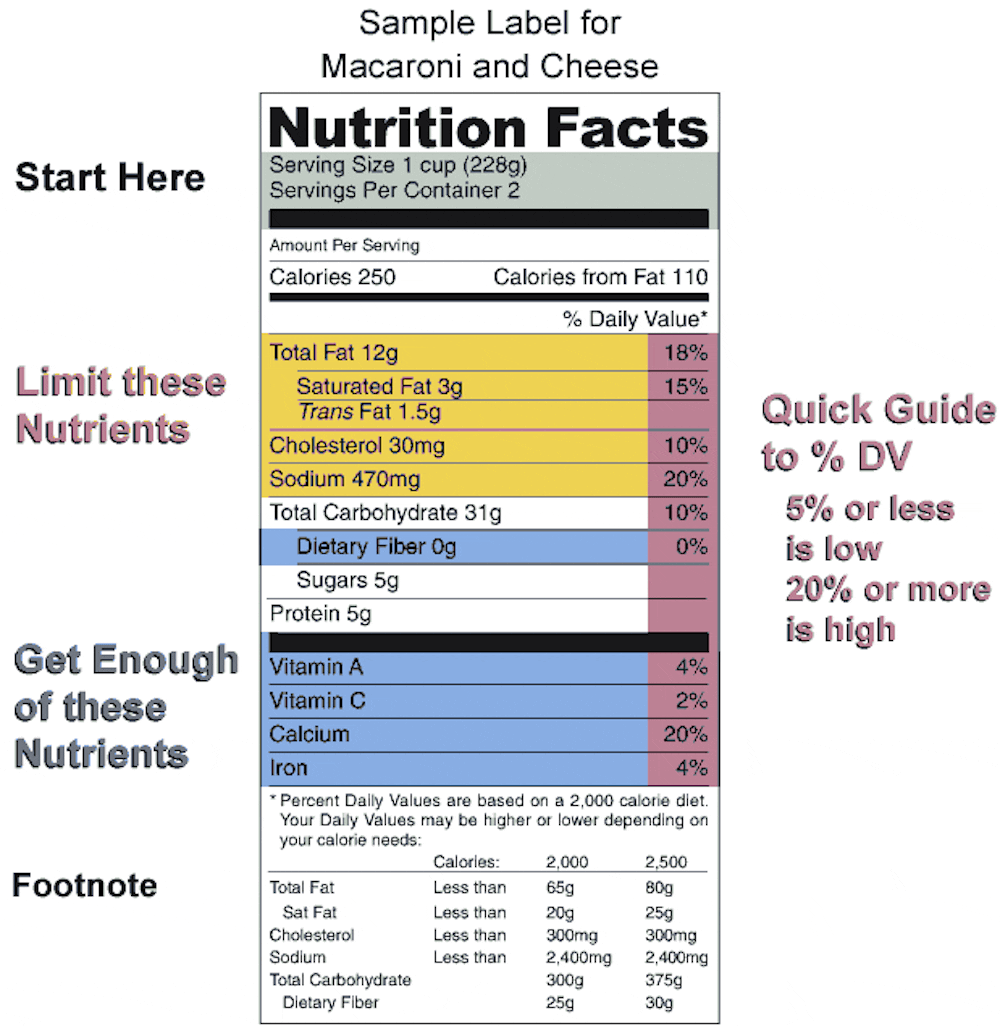
Post a Comment for "43 sugar vs carbs on food labels"